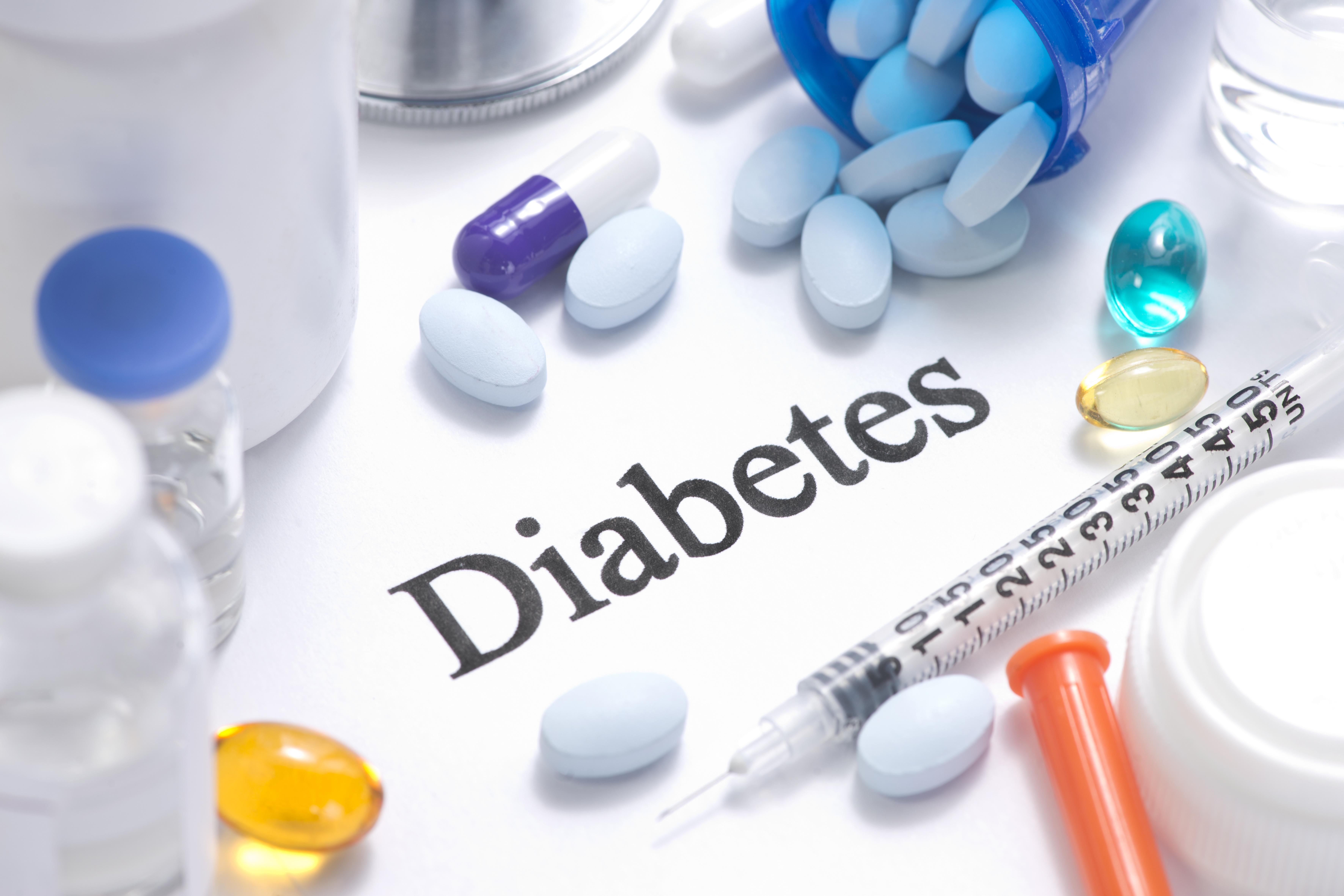Article
Dapagliflozin's Cardiorenal Benefits Consistent in T2D, Regardless of Background CV Medication Use
A secondary analysis of the DECLARE-TIMI 58 trial details the cardiorenal protective benefits of dapagliflozin across subgroups of patients defined by use of background cardiovascular medication use.

A prespecified secondary analysis of the DECLARE-TIMI 58 trial is providing clinicians with insight into the efficacy and safety of dapagliflozin (Farxiga) use according to background use of cardiovascular medications among patients with type 2 diabetes.
An analysis assessing the cardiorenal efficacy and safety of the SGLT2 inhibitor, results of the study suggest the cardiorenal protective benefits of dapagliflozin were observed across subgroups defined by use of background cardiovascular medications among patients with type 2 diabetes.
“Dapagliflozin consistently reduced the risk of cardiovascular death/hospitalization for heart failure and progression of kidney disease irrespective of the baseline concurrent use of various cardiovascular medications commonly used for heart failure and kidney disease in patients with type 2 diabetes, with significant reductions in the risk of both even in patients receiving ACEi/ARBs, β-blockers, and diuretics,” wrote investigators.
In recent years, a multitude of clinical trials have outlined the safety and efficacy of SGLT2 inhibitors in patient populations with and without type 2 diabetes for heart failure and chronic kidney disease. A prespecified secondary analysis of DECLARE-TIMI 58, the current study was designed with the intent of furthering the knowledge base surrounding the efficacy and safety profile of dapagliflozin, based on concurrent use of other cardiovascular medications, in patients with type 2 diabetes.
A randomized, double-blind, multinational trial, DECLARE-TIMI 58 randomized 17,160 patients with type 2 diabetes and either established atherosclerotic cardiovascular disease (ASCVD) or multiple risk factors for ASCVD and with a creatinine clearance of 60 mL/min or greater to either placebo therapy or dapagliflozin. With primary endpoints of major adverse cardiovascular events (MACE) and a composite of cardiovascular death or hospitalization for heart failure, results of the study demonstrated use of dapagliflozin did not result in a lower rate of MACE (HR, 0.93 [95% CI, 0.84-1.03]; P=.17) but did result in a lower rate of cardiovascular death or hospitalization for heart failure (HR, 0.83 [95% CI, 0.73-0.95]; P=.005).
For the current study, investigators sought to compare the effects of dapagliflozin against placebo therapy in patient subgroups stratified by baseline use of ACEI/ARBs, β-blockers, diuretics, and mineralocorticoid receptor antagonists (MRAs). The outcomes of interest for the current analyses were the composite of CV death or hospitalization for heart failure, hospitalization for heart failure alone, and a kidney-specific composite outcome, which consisted of a 40% decline in eGFR, end-stage kidney disease, or kidney-related death.
Of the 17,160 patients included in DECLARE-TIMI 58, 81% reported use of ACEi/ARBs, 53% used β-blockers, 36% used diuretics, and 4% used MRAs at baseline. Investigators pointed out no patients were taking sacubitril/valsartan at the time as the agent had not yet received regulatory approval. Initial analyses demonstrated there were no differences in the effects of dapagliflozin on blood pressure and eGFR from baseline to 48 months relative to placebo therapy based on background medications (placebo-corrected change, −1.6 mmHg [95% CI, −4.2 to 1.0] to −2.6 mmHg [95% CI, −3.3 to −2.9]; P >.05 for each interaction).
Further analysis suggested dapagliflozin use consistently reduced the risk of cardiovascular death and heart failure hospitalization regardless of the background use of CV medications, including ACEiARBs, β-blockers, diuretics, and MRAs (P >.05 for each interaction). Additionally, the association did not differ between those with concurrent use of all 3 other cardiovascular medications and those using 2 or fewer of these medications P >.05 for interaction). When assessing the renal endpoint, investigators found also consistently reduced the risk of the kidney-specific composite outcome regardless of the concomitant use of cardiovascular medications except for diuretics (P >.05 for each interaction).
When assessing safety outcomes, results indicated the safety profile for serious adverse events, symptoms of volume depletion, acute kidney injury, and incident hyperkalemia did not differ with dapagliflozin when compared to placebo and no effect modification was observed based on the use of cardiovascular medications at baseline (P > .05 for each interaction). However, investigators did note results suggested dapagliflozin could reduce the risk of hyperkalemia in patients with MRA use at baseline compared to those without.
“Dapagliflozin consistently reduced the risk of cardiovascular death/hospitalization for heart failure, hospitalization for heart failure alone, and a kidney-specific composite outcome regardless of background use of cardiovascular medications, including ACEI/ARBs, β-blockers, diuretics, and MRAs. Even in patients receiving ACEI/ARBs plus β-blockers plus diuretics, dapagliflozin reduced the risk of cardiovascular death/hospitalization for heart failure and of the kidney-specific outcome by 24% and 38%, respectively,” investigators added.
This study, “Efficacy and Safety of Dapagliflozin According to Background Use of Cardiovascular Medications in Patients With Type 2 Diabetes,” was publishing JAMA Cardiology.





